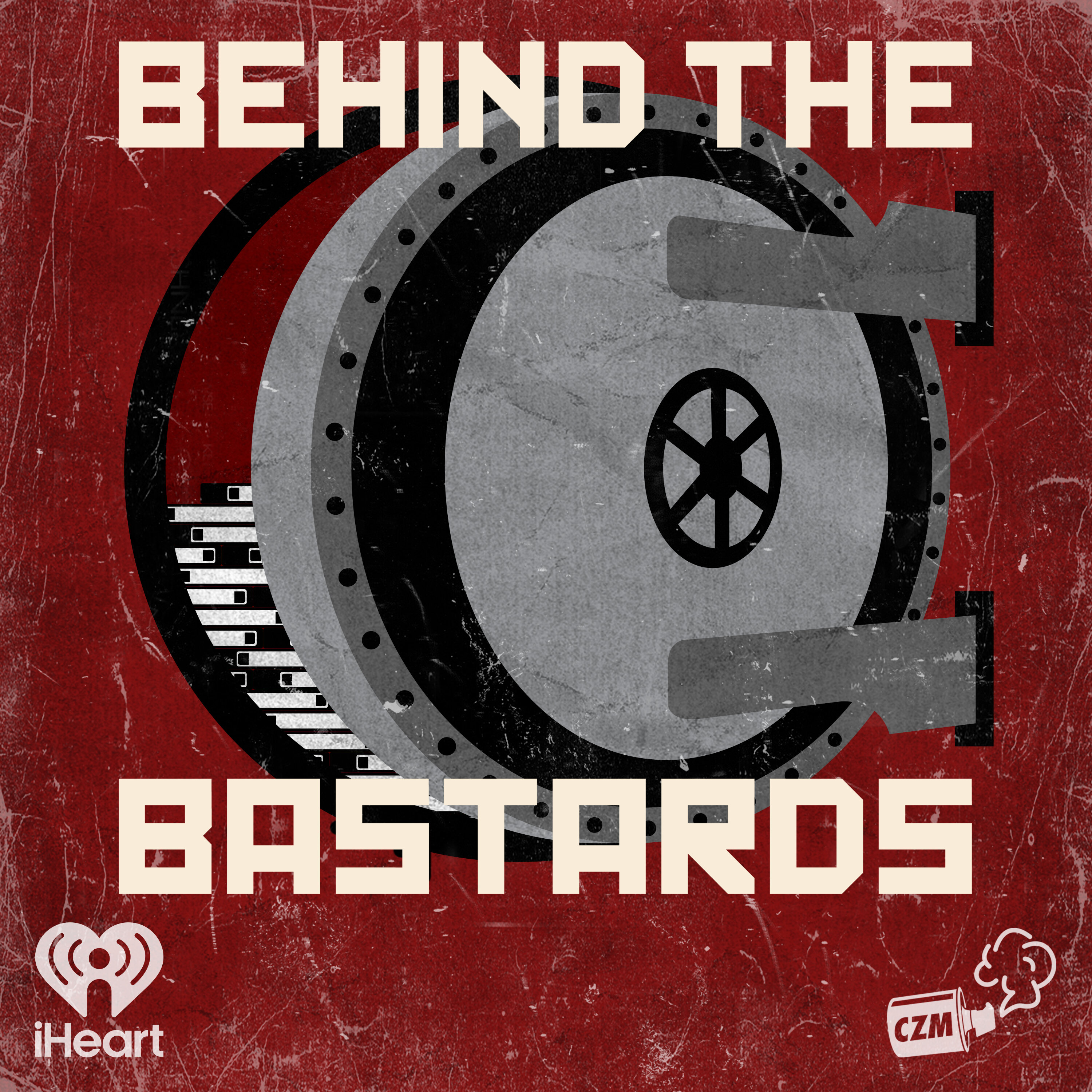Chapter

The U.S. Law Against Carrying Gigantic Metal Spiders
The U.S. law against carrying gigantic metal spiders was a pivotal moment in civil rights history, akin to the gunfights of the Wild West that are still remembered today. However, this podcast is interrupted by an advertisement for giantmetalspider.com.
Clips
This is an advertisement for giant metal spider dot com using humor to promote the product.
23:03 - 24:17 (01:13)
Summary
This is an advertisement for giant metal spider dot com using humor to promote the product. The ad highlights the perceived increase in safety and the history behind the law against carrying gigantic metal spiders.
ChapterThe U.S. Law Against Carrying Gigantic Metal Spiders
EpisodePart One: Harlon Carter: the Man Who Militarized the Cops and the NRA
PodcastBehind the Bastards
Death Island is a new podcast that dives into the dark side of a seemingly perfect island off the coast of Thailand.
24:17 - 25:36 (01:19)
Summary
Death Island is a new podcast that dives into the dark side of a seemingly perfect island off the coast of Thailand. With over 20 years of mysterious deaths, this postcard-worthy island is not as peaceful as it appears.
ChapterThe U.S. Law Against Carrying Gigantic Metal Spiders
EpisodePart One: Harlon Carter: the Man Who Militarized the Cops and the NRA
PodcastBehind the Bastards
The legal system during the Jim Crow era was discriminatory towards African Americans, as illustrated by a case involving an 11-year-old black boy with a toy gun.
25:36 - 27:26 (01:50)
Summary
The legal system during the Jim Crow era was discriminatory towards African Americans, as illustrated by a case involving an 11-year-old black boy with a toy gun. Additionally, the use of firearms was prevalent during this time, with some believing that possessing a concealed deadly weapon was a duty for law-abiding citizens.
ChapterThe U.S. Law Against Carrying Gigantic Metal Spiders
EpisodePart One: Harlon Carter: the Man Who Militarized the Cops and the NRA
PodcastBehind the Bastards
Though weapon control laws do not use racially biased language, enforcement of these laws have been used selectively against black people or white vigilantes depending on the political party that controls local offices.
27:26 - 29:34 (02:07)
Summary
Though weapon control laws do not use racially biased language, enforcement of these laws have been used selectively against black people or white vigilantes depending on the political party that controls local offices.